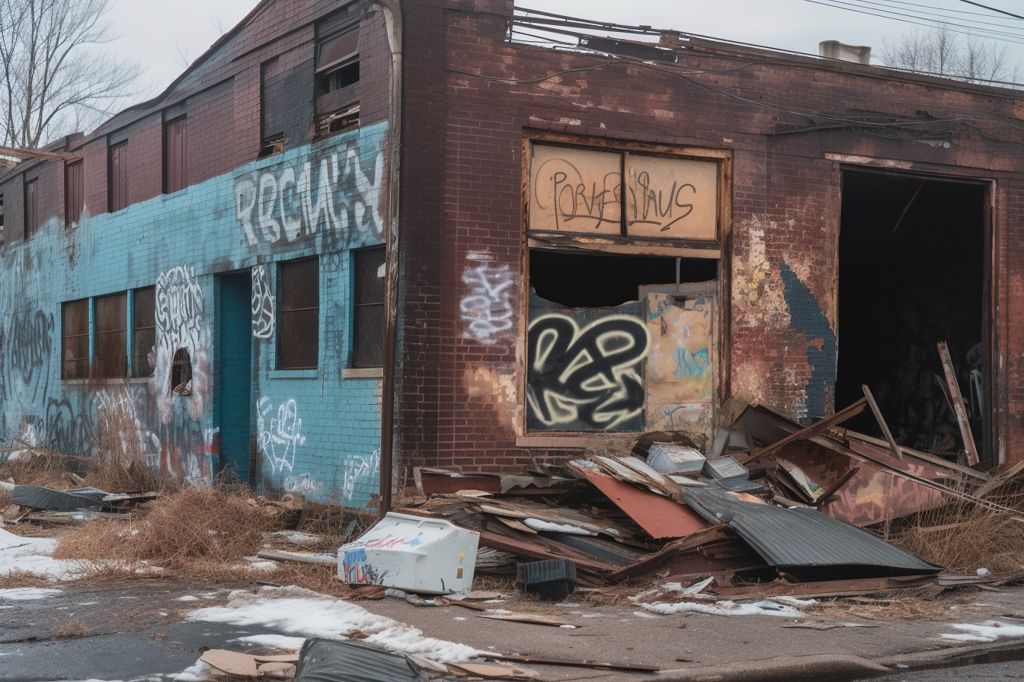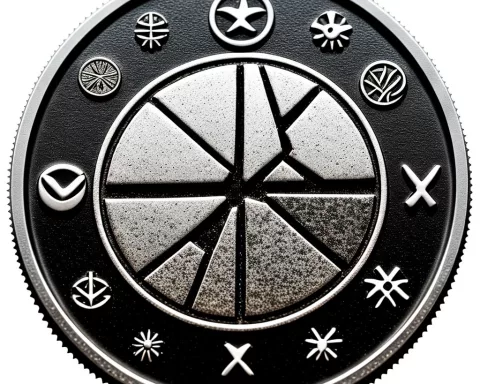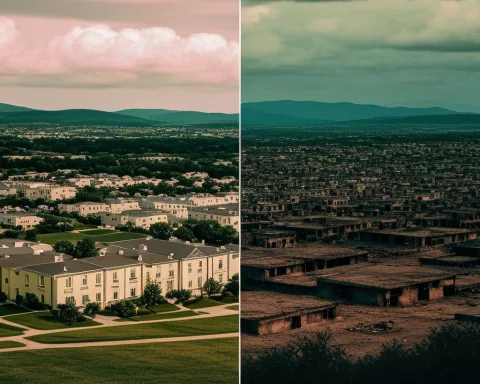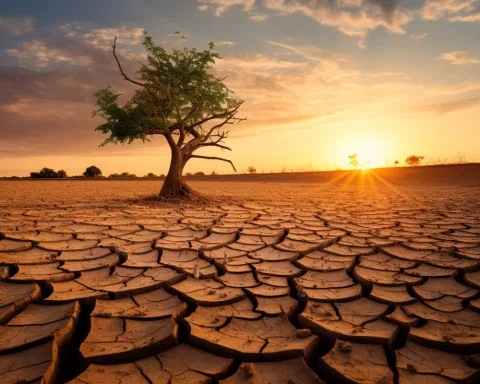The Human Sciences Research Council (HSRC) was surveyed in 2021 to determine the attitudes of South Africans towards democracy, and the results reveal a concerning trend of hopelessness and despair. The survey involved almost 3,000 participants aged 16 and over and showed a marked downturn in the country’s mood since the previous study.
Decline in Life Satisfaction
The survey highlights a decline in life satisfaction, particularly among poor and vulnerable citizens. Only 29% of respondents felt their lives would improve over the next five years, and a pessimistic outlook has become more dominant than an optimistic one. This pessimism is observed across all race and gender groups, although older people are more pessimistic about future life optimism.
Importance of Government Performance Evaluations and Trust in Institutions
The study underlines the importance of government performance assessments, faith in institutions, and overall democratic evaluations in molding South Africans’ future views. Those who have faith in national and local government, parliament, the Independent Electoral Commission, political parties, and politicians have a more optimistic outlook than pessimists.
Growing Sense of Unhappiness with Democracy
However, the survey also reveals a growing dissatisfaction with democracy, which could indicate future political instability. Uncertain is whether the mood on Freedom Day 2023 should be celebratory or one of sober reflection and recommitment to the social covenant, spirit of accountability, and government responsiveness that characterized the ideal of 1994.
Call for Action
The survey’s authors suggest it could be used as a predictive mechanism to inform decision-makers and policy-making processes. Policymakers and decision-makers must address the factors contributing to the hopelessness and despair among South Africans. This includes improving government performance, trust in institutions, and general democratic evaluations.
If these issues are not addressed, there is a risk that the current trend of hopelessness and misery could lead to political instability and threaten the sustainability of democracy in South Africa.












